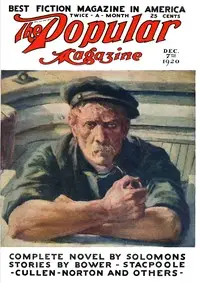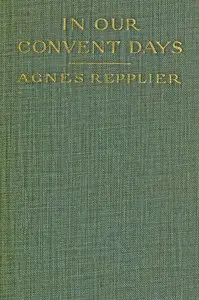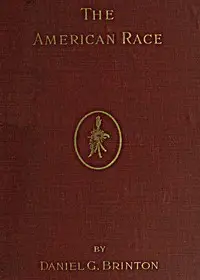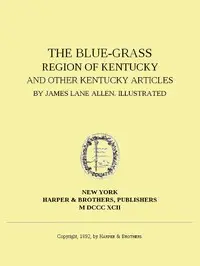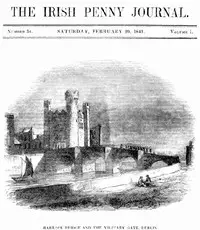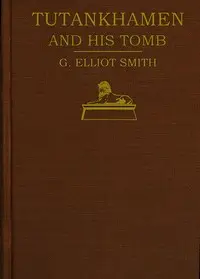"Speeches at the Constitutional Convention" by Robert Smalls is a historical account compiled in the late 19th century, circa 1896. The book presents a collection of speeches made during the South Carolina Constitutional Convention, particularly focusing on the pivotal issues of voting rights and racial equality. Smalls, a noted African American leader, voiced significant concerns regarding the potential disenfranchisement of Black citizens, advocating for their rights within the context of a politically charged atmosphere. The book showcases Smalls's impassioned speeches that candidly address the injustices faced by the African American community in South Carolina. He argues against the disfranchisement initiatives that sought to limit Black voting rights under the guise of educational and property requirements. Throughout his addresses, Smalls employs historical references, logic, and emotional appeals to contest discriminatory laws and advocate for fair voting practices, imploring the convention members to create a constitution that represents justice and equality for all. His speeches highlight not only the legal struggles of the time but also the broader social dynamics of race relations in America following the Civil War. (This is an automatically generated summary.)
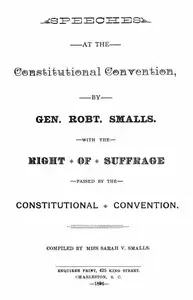
Speeches at the Constitutional Convention With the Right of Suffrage Passed by the Constitutional Convention
By Robert Smalls
Robert Smalls was an African American delegate to the South Carolina constitutional convention of 1895. He argued against proposed restrictions on the franchise and against discriminatory provisions on miscegenation and interracial marriages, but lost.
Robert Smalls was an American politician who was born into slavery in Beaufort, South Carolina. During the American Civil War, the still enslaved Smalls commandeered a Confederate transport ship in Charleston Harbor and sailed it from the Confederate-controlled waters of the harbor to the U.S. blockade that surrounded it. He then piloted the ship to the Union-controlled enclave in Beaufort–Port Royal–Hilton Head area, where it became a Union warship. In the process, he freed himself, his crew, and their families. His example and persuasion helped convince President Abraham Lincoln to accept African-American soldiers into the Union Army.




